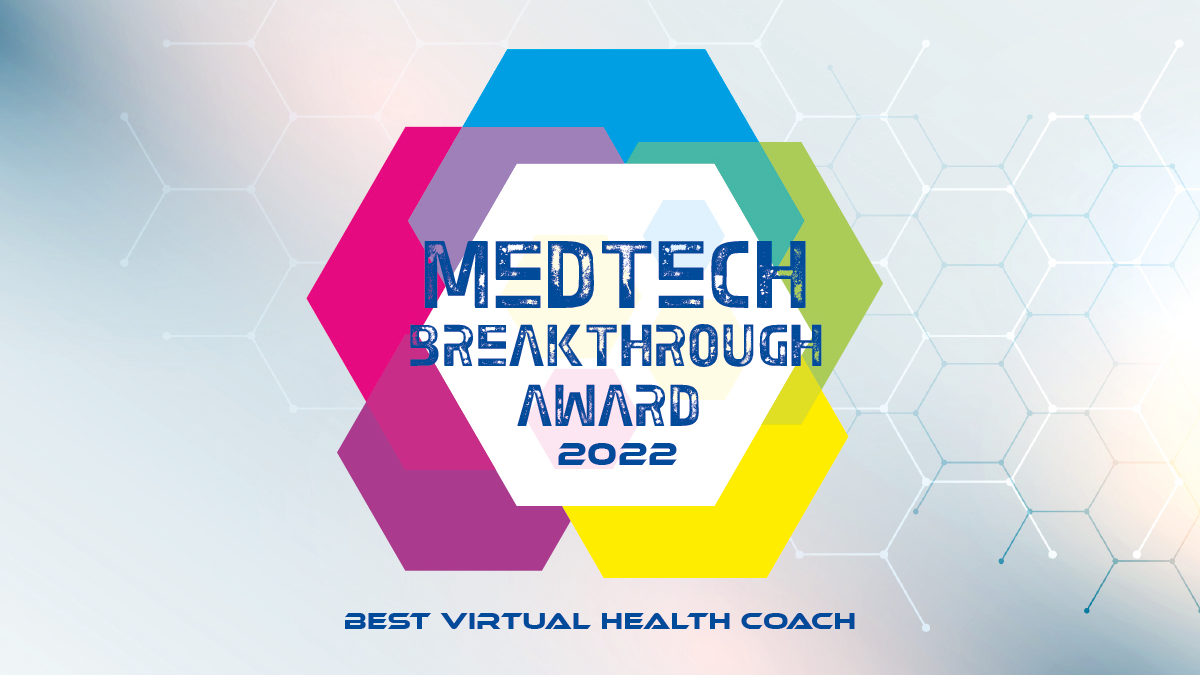As the U.S. labor market nears its pre-pandemic levels, researchers are examining a potential connection between elevated substance use and labor force participation.
In a recently released working paper, the National Bureau of Economic Research posed a question: Could increased substance use during the pandemic be a factor contributing to the labor shortage? They found that a rise in substance use during the pandemic could account for between 9% to 26% of the decline in prime age (people ages 25 to 54) labor force participation from February 2020 to June 2021.
It is abundantly clear: it’s never been more important for workers to feel supported in their struggle with substance use, and on their journey to achieve lasting results. With employers uniquely poised to aid workers in their recovery, here are four things organizations need to know about substance abuse:
It’s not uncommon.
The pandemic hit right as the U.S. was entrenched battling another health crisis: the opioid epidemic.
It’s a crisis further exacerbated in the last two years by severe disruptions that rippled through nearly every aspect of day-to-day life. Early on, disruptions to alcoholics anonymous and addiction treatment programs led to the pandemic being labeled a “national relapse trigger.” The characterization has held.
Since then, the number of drug overdose deaths has dramatically risen to 100,306 (or by some 28.5%) over the 12-month period ending in April 2021, recent federal health statistics show. Nearly the same number of Americans died from alcohol-related causes, including liver disease and accidents, in 2020, according to a new report from the National Institute on Alcohol Abuse and Alcoholism.
Substance use disorders are in fact among the most common, and costly, health conditions.
In 2020, more than 58% of people (or some 162.5 million Americans) over age 12 used tobacco, alcohol or an illicit drug in the past month, data from the National Survey on Drug Use and Health revealed. And according to the National Safety Council, “Nearly a third (31.5%) of working adults binge drank alcohol at least once in the prior 30 days.”
It’s often a private struggle.
Although exceptionally commonplace, substance use disorders remain stigmatized and isolating.
In fact, it’s expected that one in seven people will deal with substance use disorder in their life. Digging deeper: four in 10 adults report anxiety or depressive disorder symptoms as major contributors to their substance use. Pandemic-fueled stressors, uncertainties and isolation have intensified these struggles.
Another pandemic-era study found that nearly half of American workers were suffering from mental health issues, resulting in notable increases in workers’ substance use issues across all generations and industries. One third of those struggling noted that these issues have negatively impacted their work.
Be it out of a desire for privacy or confidentiality, fear of consequences or another reason entirely, many workers struggle in silence while appearing fine on the outside. But, with family, friends, and colleagues ignorant to their struggles, harm looms–not only to themselves, but potentially to workplaces as well.
It affects the bottom line.
The personal costs of substance are high. Drug and alcohol use can lead employees to miss work, lose wages and experience negative side effects in their health, wellbeing and lifestyle. For employers, too, the cost and impact of substance use disorders are tremendous. They include:
- Absenteeism: Employees with substance use disorder had an increased likelihood to take 25.6 days off for illness and injury. That’s 1.5 weeks more than their colleagues.
- Increased turnover: Employee turnover costs average 33% of an employee’s entire salary, which, when compared to the U.S. median wage, figures to be about $15,000.
- Workplace accidents: Drug and alcohol use can lead to reduced job performance, faulty decision making, preoccupation with addictive substances, distraction and lack of focus, reduced cooperation with coworkers and diminished workplace morale.
- Associated health conditions: Substance use, stress, poor sleep, poor nutrition, and a lack of physical activity are at the root of most chronic diseases that skyrocket annual health care costs in the U.S. to more than $3.8 trillion.
In total, it’s estimated by researchers that lost work, decreased productivity and additional healthcare spending due to employee drug and alcohol abuse can cost companies more than $81 billion annually.
It’s not a lost cause.
It’s known that the environments that people live and work in contribute to their well-being, and can even place added pressure on people’s substance use, mental distress and illness. In 2021, 80% of employees agreed that the stress from work affects their relationships with friends, family, and co-workers, a Mental Health America study found. This stress can often lead to larger mental health concerns.
Companies, however, can make a difference. Seeing as workers spend so much time at work, employers are uniquely positioned to create positive environments that promote, and support, well-being.
This starts with company culture. But it is ultimately supported and maintained with tools, like enhanced digital health coaching, that empower employees to live healthier lives. Such evidence-based solutions, that are built by experts and employ psychology-based online courses, use digital technology to effectively meet workers where they are to address both the psychological and emotional factors associated with substance use disorder. The result: participating workers achieve and maintain recovery.
The trends in substance use are alarming, but this isn’t an all-hope-is-lost situation.
Fueled by empathy and equipped with the right tools, at the right time, employers can effectively support employees struggling with substance use, helping ensure they make lasting changes that improve their overall health and well-being, both in and out of the workplace. To learn more about how you can help your organization support individuals with substance abuse using the latest technologies available in the market, contact us.
















